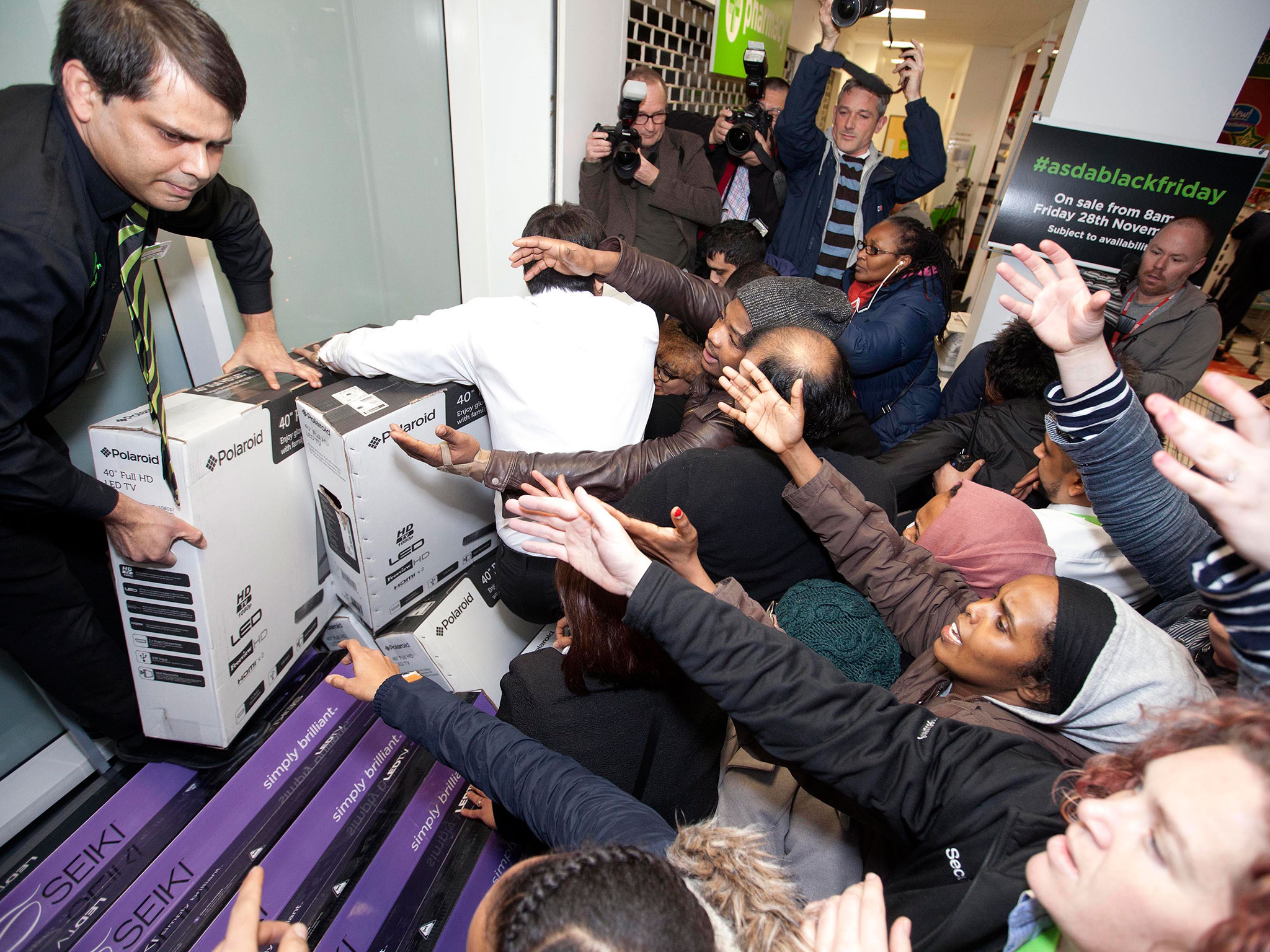Black Friday - how to avoid falling services?

So-called “Black Friday”, the day of discounts, when millions of shoppers storm online and offline stores in search of cool goods with a terrible discount, will come very soon. The influx of buyers on this day is noted by almost all the companies that sell something. And by the way, there is still Cyber Monday, when online stores arrange a holiday for buyers again.
The fact that traffic and the number of buyers is growing is good. But are you ready for Black Friday and Cyber Monday for real? More precisely, is your infrastructure ready for the events of these two days? The fact is that not many enterprises are preparing these days, except for shelves in real stores, also their servers. And they can fail at the crucial moment, if not prepared properly.
What needs to be done to not be painfully painful?
')
1. Assess the capabilities of your equipment / infrastructure , assessing the activity of customers in the past year. Not necessarily your own buyers - after all, this may be the first “Black Friday” for you. It is necessary to review the documentation and publications in the network with analytics - such documents and descriptions are published a lot. Estimate, for example, the number of transactions per second, the level of traffic, and adapt the data for yourself. After that, it is worth preparing the equipment, adding additional servers and racks if necessary.
2. Make sure that you have a backup , and also analyze your plan in case of unforeseen equipment failures. If something still goes wrong, can you recover your data without problems? Also worth a test. We wrote about how to do this in one of our past articles.
3. Inspect the hardware and software infrastructure . At this stage, it is worthwhile to assess the level of health of the hard drives, assess the state of the UPS and the redundant energy infrastructure (if there is one, of course). Everything should work well now. Otherwise, the equipment or some database may fail at the most inopportune moment.
4. Is the server or their group working normally for the database? To verify this, you need to conduct a stress test. Also ensure that your web applications are optimally configured. SQL server clustering and database replication is a good solution for ensuring high availability and equipment resiliency.

5. Update the statistics system . At this stage it is worth sending to the archive information that is no longer used. If done correctly, this step will significantly increase the performance of the software, including query performance. During index reorganization, you can send archived data to a backup or other database.
6. Solve current problems . If there are problems, even small ones, they need to be solved before the onset of the “H” hour. The fact is that the problems are small until the load has increased. During a significant increase in traffic, all problems will manifest themselves in all their dazzling beauty, which can lead to a collapse of infrastructure and services. Remove everything that slows down the database.
7. If you expect a certain level of traffic, adjust the equipment to even higher rates . You never know, suddenly the visitors decide to come to you in greater numbers than you expected? Better to be safe. Of course, a repeated supply of "strength" is not always needed, then you need to adequately assess the situation. In general, retailers usually talk about a tenfold increase in Internet visitors.
8. Make sure that all necessary updates and patches, especially those related to security systems, are installed and updated. User data should be encrypted, servers should be prepared for possible attacks. Yes, not only well-intentioned users are interested in the servers of various companies on this day.
In general, we can say that Black Friday is, at the same time, both a blessing and an evil for telecommunication companies and retailers. Despite the fact that there can be a lot of buyers, preparing for Black Friday and Cyber Monday takes a lot of time and takes a lot of resources. If you don't prepare carefully enough, the problems can be very large. In some cases, retailers reported losses of $ 5,000 per minute due to server crashes that ensure the operation of the necessary services. Nobody wants to lose money, so we recommend preparing well.
Source: https://habr.com/ru/post/315458/
All Articles